Lost in Translation

Publishing is a kind of psychology.
Publishers, editors and agents think on a realm that far exceeds word count, pages, and sales. When they consider a book, they think about the readers, which calendar season might be best for them to buy and read, and how much emotional toll the reading community is willing to allow for $15.95 plus tax.
Generally, we as a people are just not up for a whole lot of emotional abuse in our daily reading. No thanks. We prefer escape. There’s enough emotional abuse in the actual events of the day.
I have received this priceless, invaluable feedback:
“With all due respect, if you tell it chronologically, your story is too sad and too dark for too long. Unless your reader is in the throes of their own grief and depression, they won’t be able to stay there with you. It’s just too much. They have to come up for air. You have to let them laugh. Take them up and then down. And then up, and then up – and then up – and then down.”
Brilliant. That’s what I need too, frankly. Up and then up – and then up – before I have to go back down.
And so my manuscript is becoming a chronological puzzle, a blend of before, during, and after. Up, down. Up, up, up, down, up.
I am on board with this guideline, and it makes such sense to me. Still, as I revise, edit, draw circles and arrows, a question kept whispering to me. “But if I don’t tell them, how will they know? How will they know what it was really like, how it tore me in two? How black the darkness can be? How violating a single ray of sunshine? How can I convey it all?”
It has gradually occurred to me: I can’t.
Joan Didion has written some magnificent pieces about the deaths of her husband and her daughter. I happened on to this paragraph in her book, The Year of Magical Thinking.
“I have been a writer my entire life.
As a writer, even as a child, long before what I wrote began to be published, I developed a sense that meaning itself was resident to the rhythms of words and sentences and paragraphs, a technique for withholding whatever it was I thought or believed behind an increasingly impenetrable polish.
The way I write is who I am, or have become,
yet this is a case in which I wish I had
intstead of words and their rhythms
a cutting room, equipped with an Avid,
a digital editing system on which I could touch a key and collapse the sequence of time,
show you simultaneously all the frames of memory that come to me now,
let you pick the takes,
the marginally different expressions,
the variant readings of the same lines.
This is a case in which I need more than words to find the meaning. This is case i which I need whatever it is I think or believe to be penetrable, if only for myself.”
We discussed this piece in my class this week, with regard to ‘impact’: the literary element that takes into account the reader’s intellectional and emotional experience. Impact is largely out of the author’s control, and yet the author must give this deep consideration – if she hopes to gird the readers with emotional stamina to stick with the story for a few hundred pages.
The author must ask herself,
Is this piece self indulgent?
Am I beating them up with my emotions?
Am I begging for their sympathy?
Am I taking them into darkness just because I can?
These are hard questions. They demand honest answers.
Joan Didion says what I’m trying to say.
I’m trying to tell you, Reader, that I will do my best. But there are parts of this that will not translate into words.


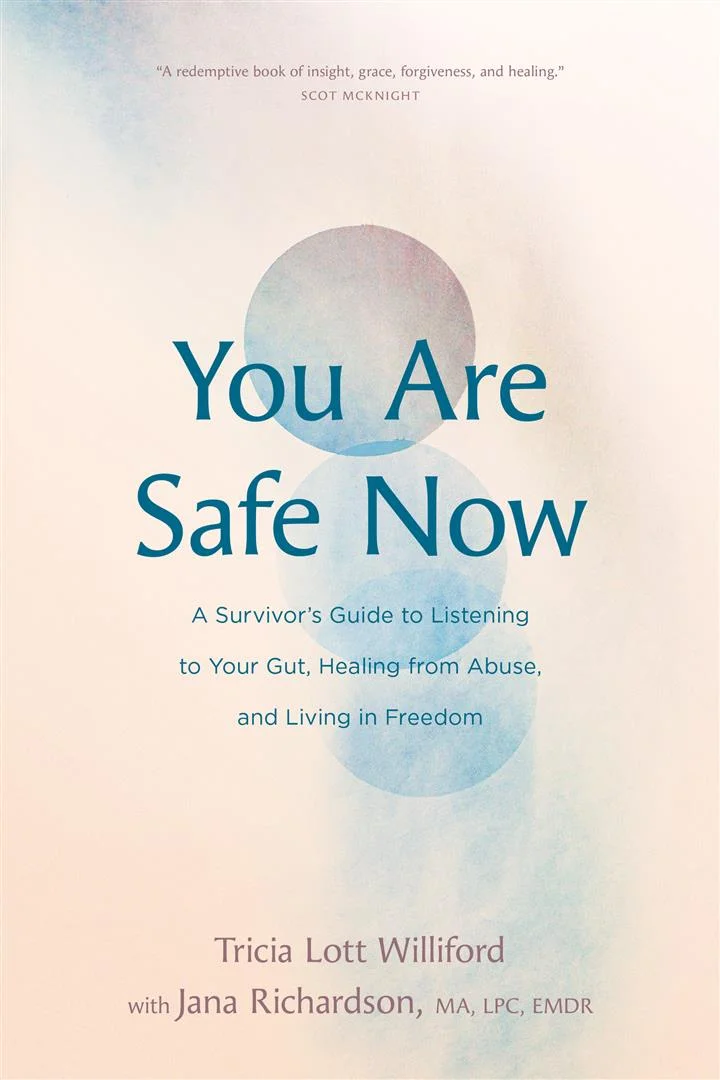
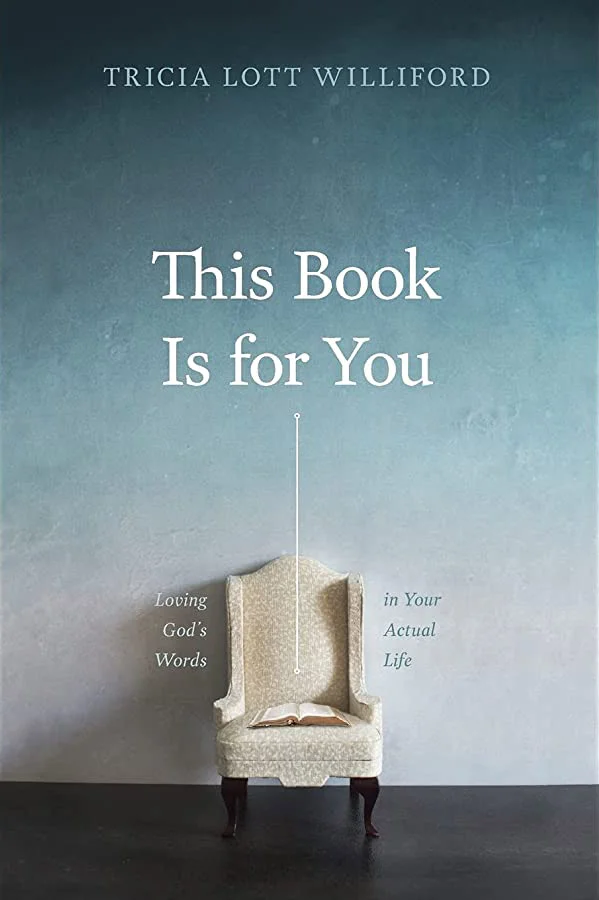
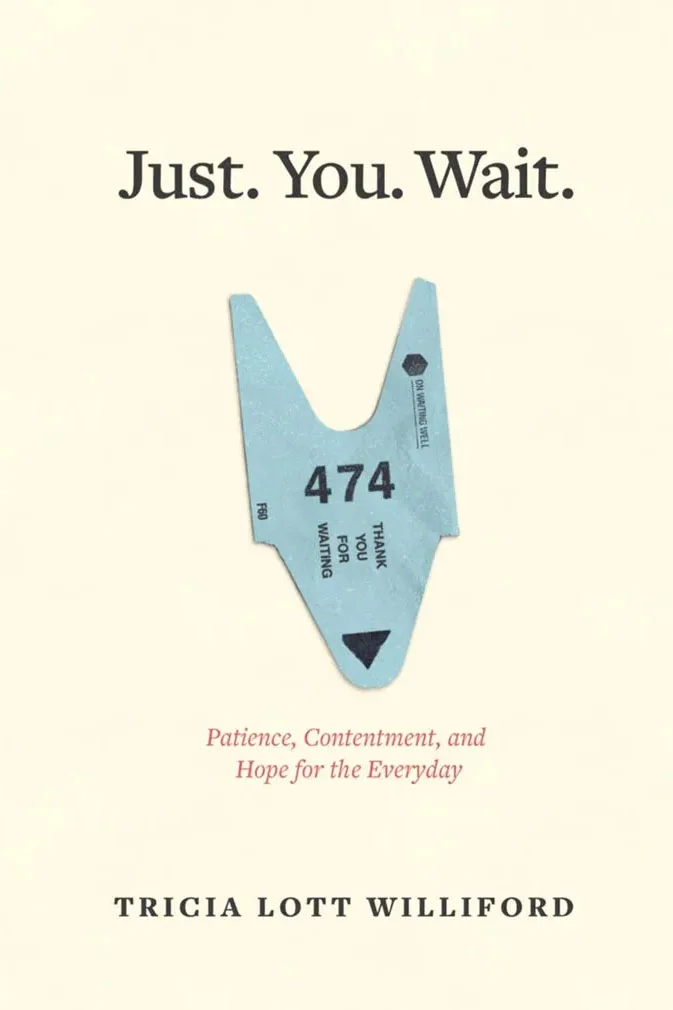
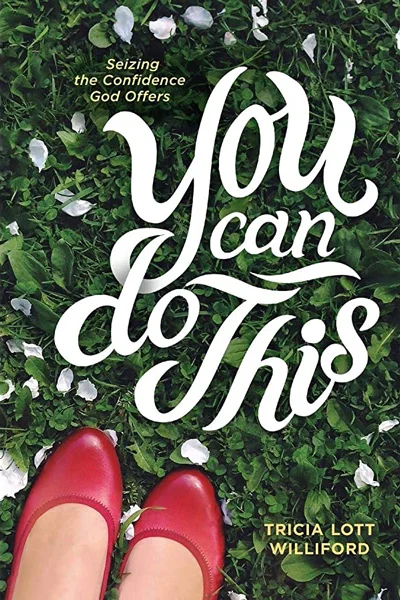
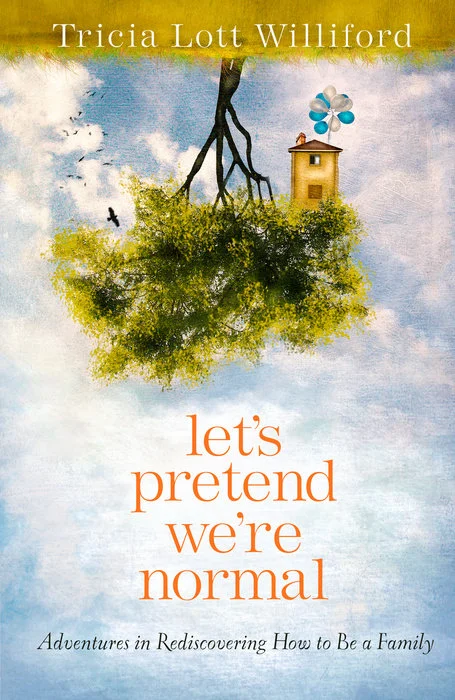
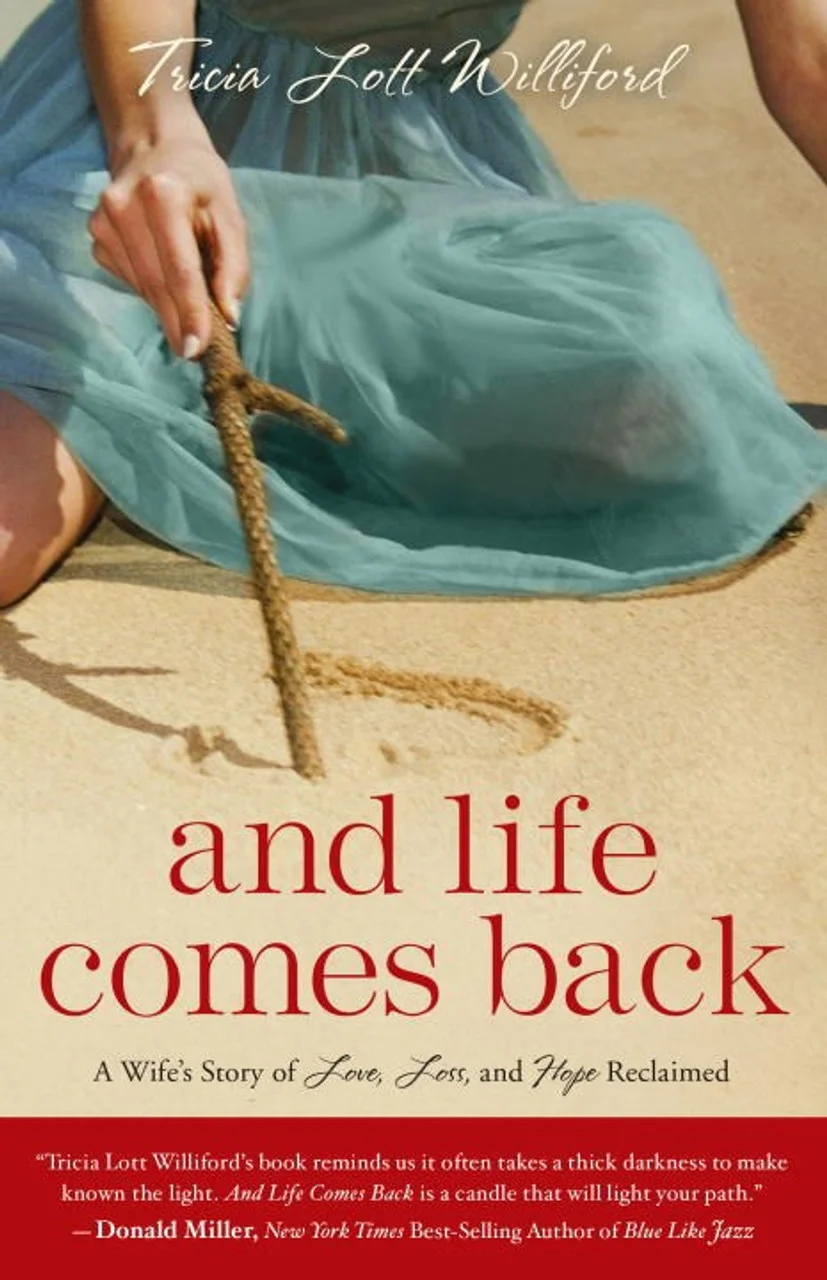

Laurel says:
Hello. I’ve treasured your words for a long time now and finally felt the need to write. I’m sure you receive endless comments and questions so I never wanted to add to your list of to-do’s, but I can’t help myself today. The “invaluable advice” you received makes me angry! You don’t owe us anything. You aren’t making us read. You write how you want to write, how you NEED to write. I’m sure you have tons of followers, and I doubt you would have all of us waiting for your words each day if you didn’t write right. Phsaw, I say. Do you.
Michael Clark says:
Hi, I first started reading you after twitter alerted the world about your loss. Then I went back and read your earlier articles. And I never left. So it does make a lot of sense to move up and down as you tell your stories. God bless/best wishes.
Amanda Dickinson says:
As I read this Tricia, particularly the part about the average reader not wanting to be in the throes of hat pain, of needing to be eased into it, transitioned into that darkness, I could not help but think of how many times YOU must have wished that for yourself. Still wishing it. If only this kind of darkness could come with such a timetable, allowing a gradual immersion that swallows us up. I continue to pray for your, friend. For your every single day. Everyday.
Patty Kline says:
And you, too, will do your best, Tricia, and it will be more than enough.